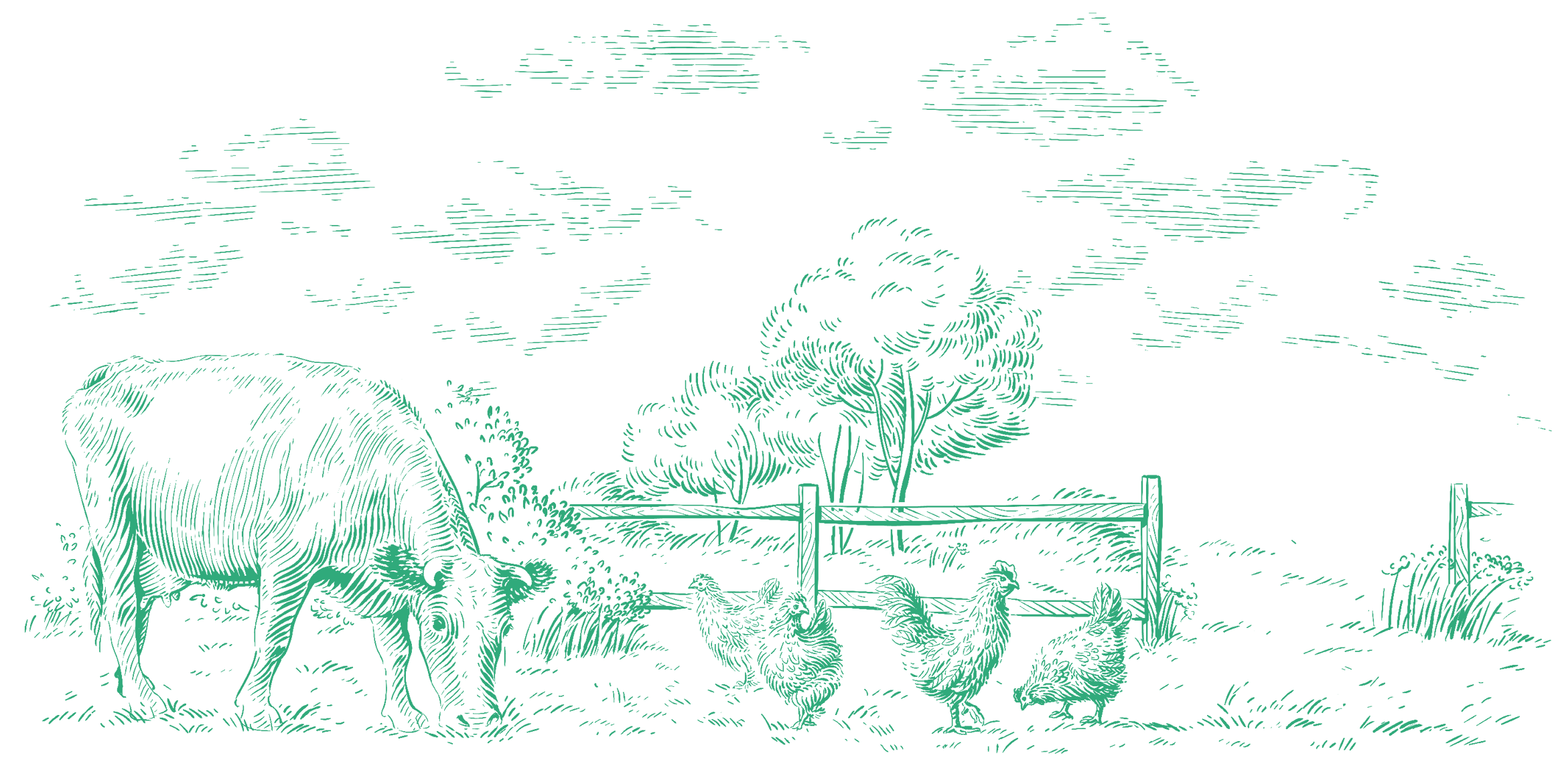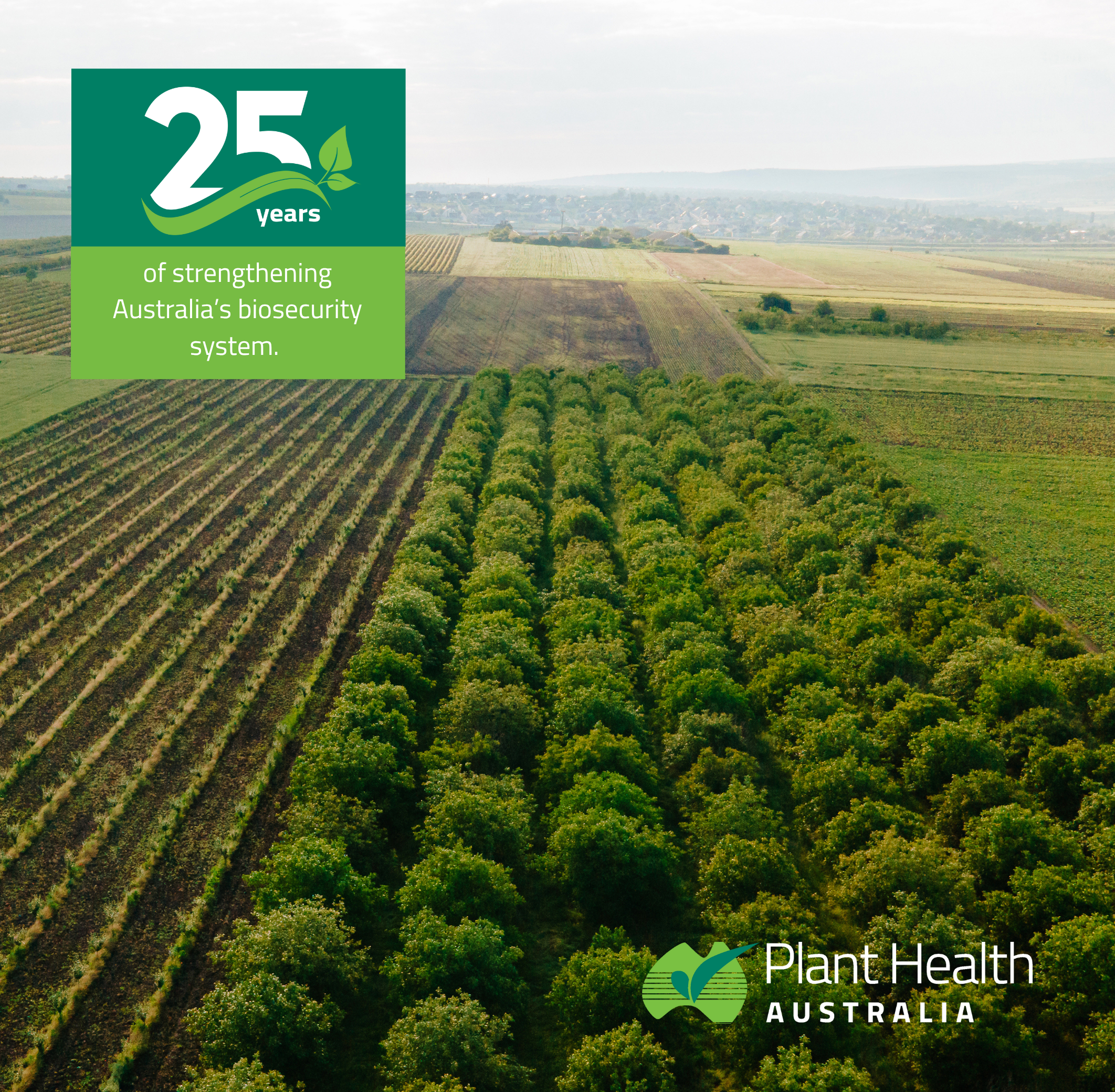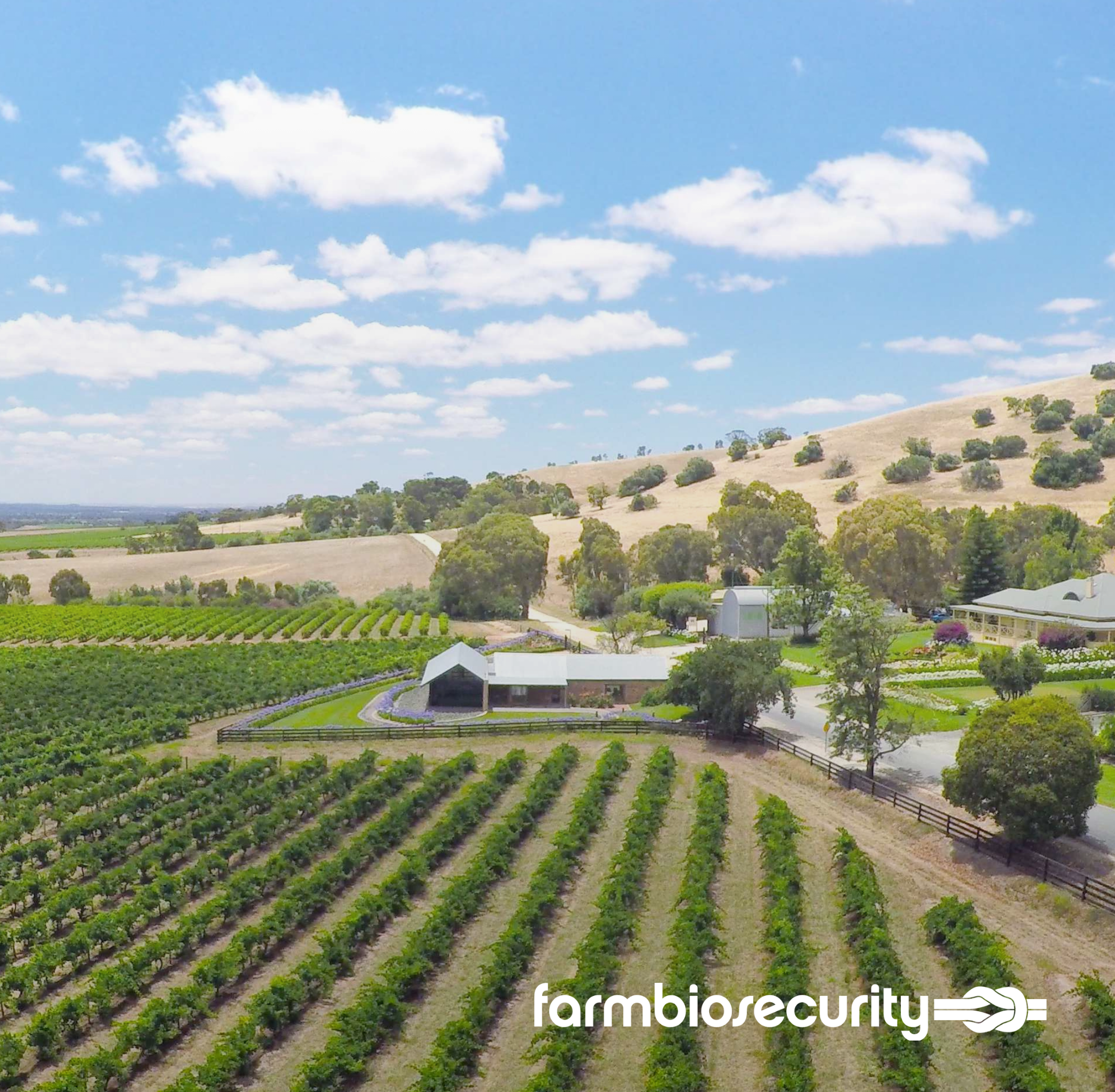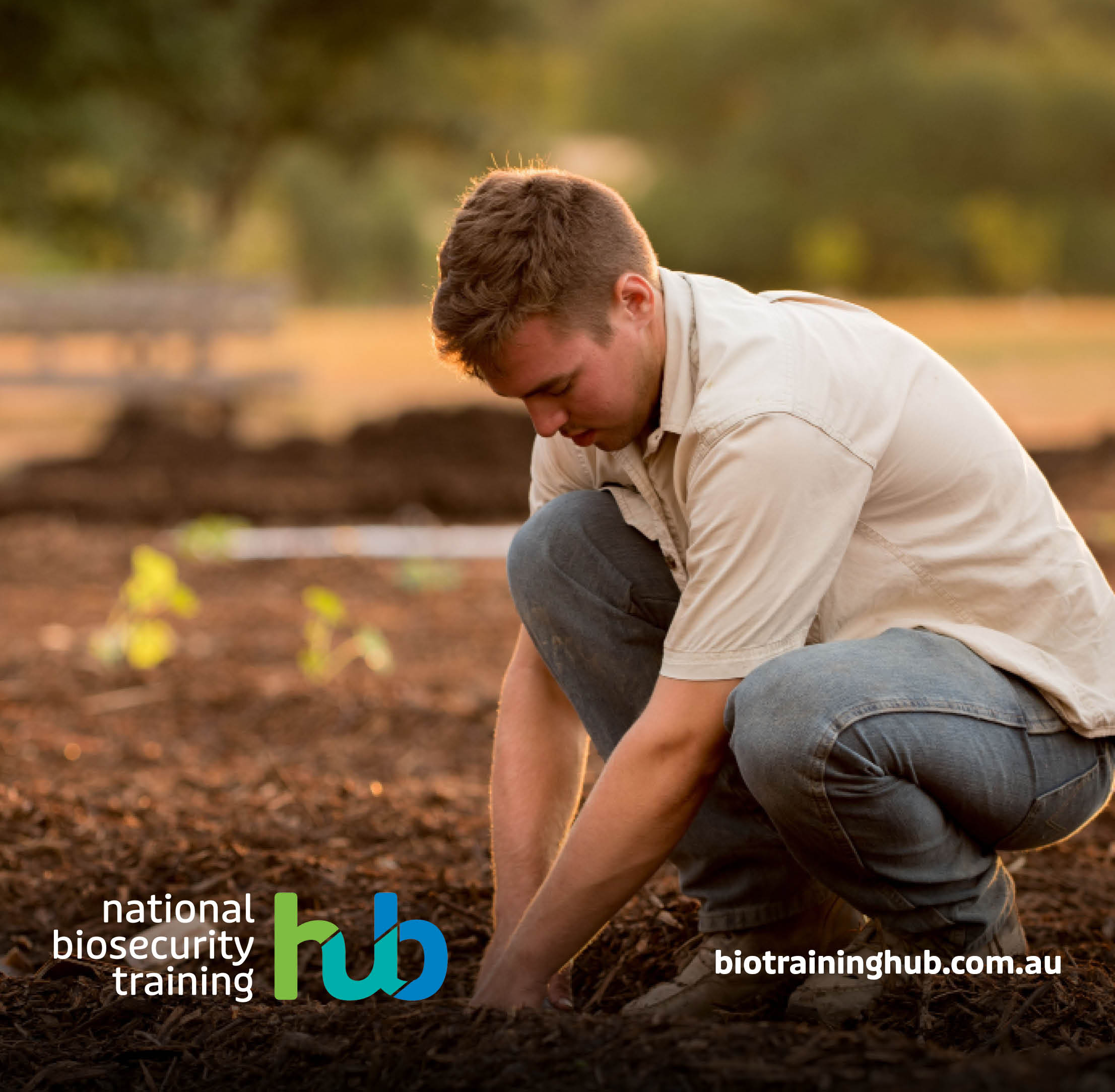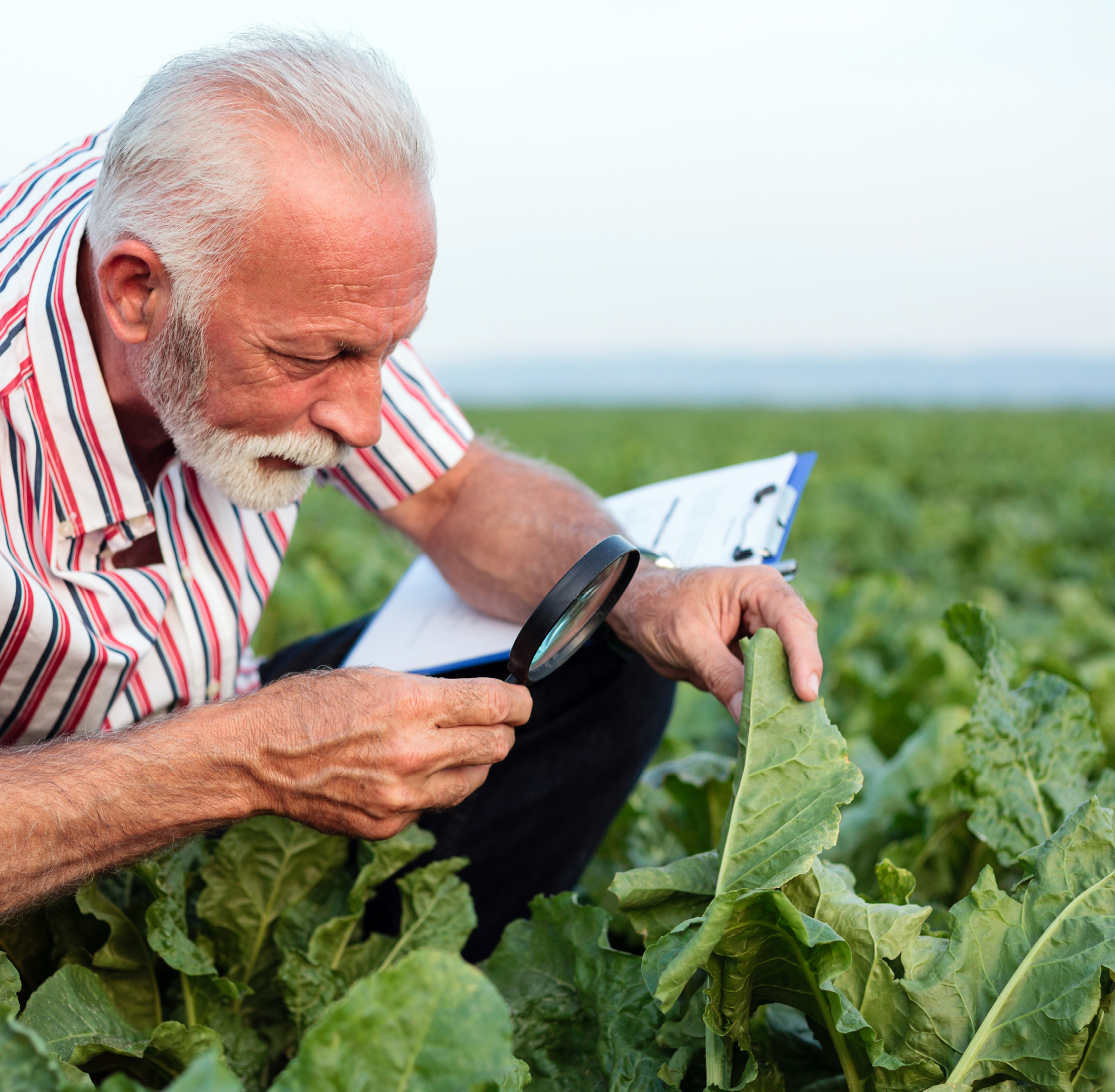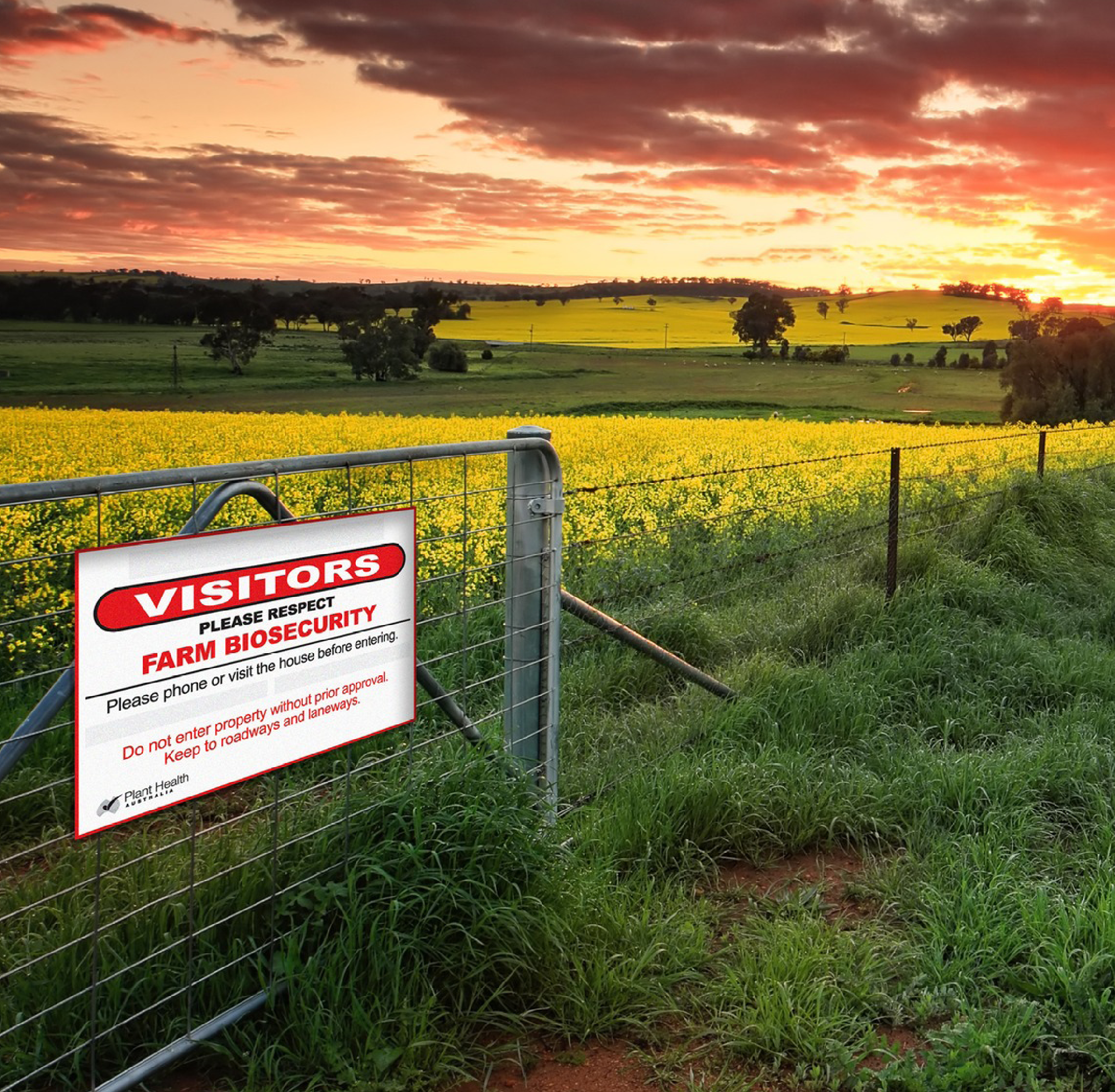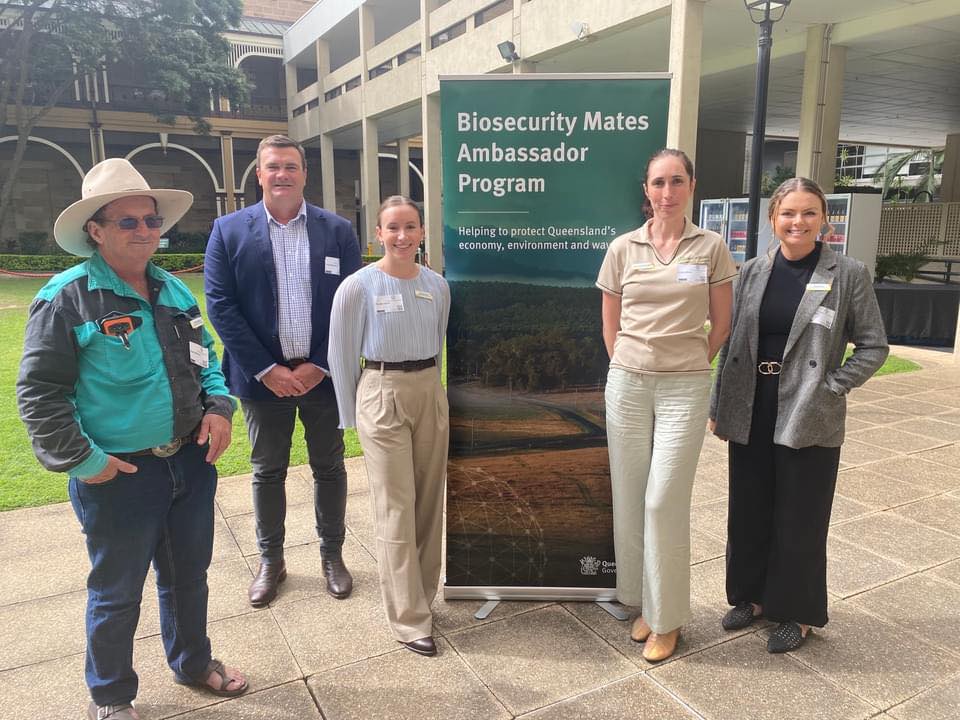
National Biosecurity Week serves as an important reminder of the critical role biosecurity plays in protecting our environment, agricultural industries, food supply, communities and overall economy.
By raising awareness and advocating for the adoption of good biosecurity practices, National Biosecurity Week strives to strengthen our biosecurity system for the benefit of all Australians.
While Australia has robust and rigorous biosecurity measures in place to mitigate these biosecurity risks, exotic pests, diseases and harmful weeds can and do occasionally enter the country. This annual event highlights the collaborative efforts of government, industry, peak bodies and the community in protecting the Australian way of life.
Want to know more?
Find out why biosecurity matters and how you can make a difference.
Subscribe to Tendrils, Plant Health Australia’s monthly e-newsletter, to receive updates on key announcements, resources and events in the lead-up to National Biosecurity Week.



